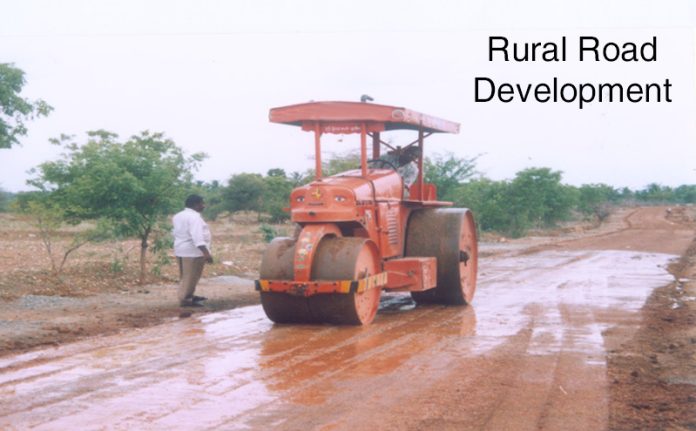The recent sanctioning of 12 road upgrade projects and the construction of a bridge in J&K by the Union Ministry of Rural Development and Panchayati Raj mark a significant milestone in the region’s journey towards comprehensive development. With an estimated cost of Rs 152 crore, these projects are poised to enhance connectivity, facilitate economic growth, and improve the overall quality of life for the residents of the UT. The approval of these infrastructure projects underscores the commitment of the Government to bridging the infrastructural gap and fostering inclusive development in J&K. It is a testament to the collaborative efforts of various stakeholders, including the Union Ministry, local administration, and the people of the region, who have tirelessly worked towards realising the vision of a prosperous and vibrant Jammu and Kashmir.
One of the key highlights of these projects is their focus on enhancing connectivity in remote and underserved areas. By upgrading existing roads and constructing new bridges, the Government aims to provide easier access to essential services such as healthcare, education, and markets for farmers and businesses. This improved connectivity will not only facilitate the movement of goods and services but also foster social integration and cultural exchange among different communities across the region. Moreover, the emphasis on infrastructure development in border districts underscores the Government’s commitment to ensuring security and stability in the region. The construction of a two-lane bridge in Poonch will not only facilitate smoother travel but also strengthen border infrastructure, thereby bolstering national security efforts.
It is worth noting that the projects sanctioned under the Pradhan Mantri Gram Sadak Yojana (PMGSY) programme are aligned with the broader objective of rural development and empowerment. By focusing on connecting rural habitations with all-weather roads, the PMGSY programme aims to bridge the rural-urban divide and create opportunities for inclusive growth. Exceptional progress made since 2019, resulting in the construction of 9000 kilometres of road length and consecutive national rankings in terms of annual road construction. The fact that J&K has achieved 98.50 percent of the sanctioned programme under PMGSY-I and II despite adverse working conditions speaks volumes about the dedication and perseverance of the implementing agencies. Furthermore, the successful implementation of these infrastructure projects reflects positively on the governance and administrative capabilities of the UT. Despite facing numerous challenges, including geographical constraints and security concerns, J&K has consistently demonstrated its ability to deliver on development goals and meet the aspirations of its people.
The economic implications of these infrastructure investments are equally significant. Improved road connectivity is expected to unlock the economic potential of Jammu and Kashmir by facilitating trade, tourism, and investment. The upgraded infrastructure will attract private sector participation, stimulate entrepreneurship, and create employment opportunities, especially in the construction and allied sectors. Additionally, by reducing transportation costs and increasing market access, these projects will enhance the competitiveness of local industries and contribute to the overall economic growth of the region. Beyond the economic benefits, the socio-cultural impact of these infrastructure projects cannot be overstated. Enhanced connectivity will promote social cohesion and harmony by facilitating interaction and exchange among diverse communities.
The Government is consistently focusing on road upgrading projects and the construction of bridges in Jammu and Kashmir for holistic development and prosperity in the region. By investing in infrastructure, the Government is laying the foundation for sustainable growth, equitable progress, and an enhanced quality of life for the people of Jammu and Kashmir. The renewed focus is on maintaining the momentum generated by these projects through continued investment, effective implementation, and inclusive participation to realise the full potential of the region.


